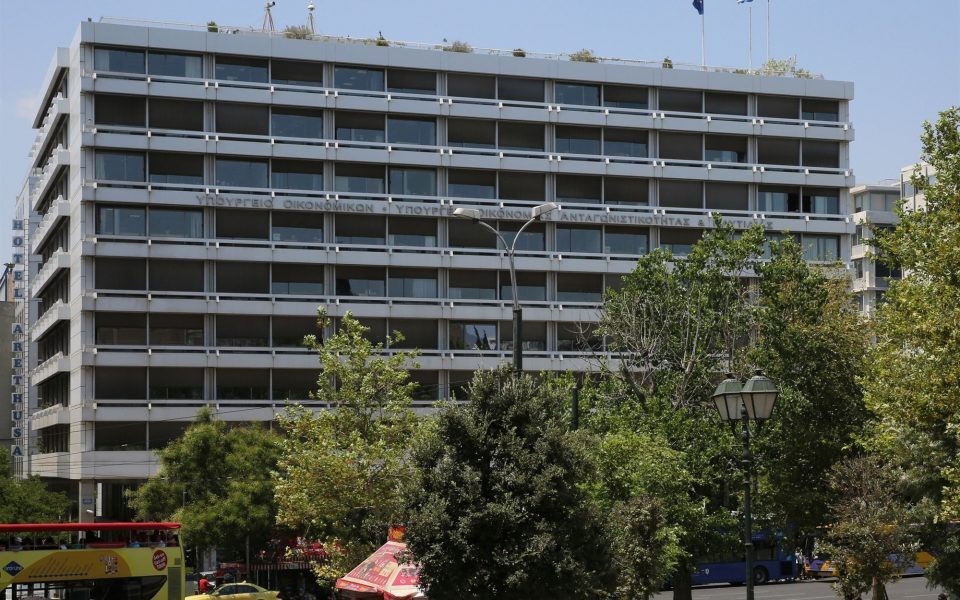Primary surplus target at 2-2.3% of GDP

The fiscal containment rules of the Stability Pact are returning, four years after their suspension, in a perhaps less strict form than that of the existing pact, but nevertheless with limitations on the spending margins of European Union member-states.
Officials in Athens view the proposals submitted on Wednesday by the European Commission for the pact’s reform as positive in principle, but noted, at the same time, that they signal the end of the era of subsidies due to the coronavirus, energy crisis etc, to which Greece has become somewhat addicted in recent years, and in general they stop any additional expenditure.
“Perhaps even the increase in pensions will become difficult,” the competent officials commented.
According to the Commission’s proposals, so-called “net costs” – i.e. costs minus the temporary nature of revenues – should not increase at a rate higher than the medium-term gross domestic product.
This means that any extraordinary revenue, which temporarily creates fiscal space, would not justify an increase in a permanent expense, such as pensions, under the new rules. Only a permanent revenue increase – e.g. a new tax – would allow it.
Kathimerini understands that the Commission sent the Greek authorities a “simulation” of the implementation of its proposed rules for Greece. It follows that the country must show primary surpluses of 2-2.3% of GDP in the coming years to satisfy the new rules – i.e. to show a downward trend in debt. The adjustment required is not negligible, despite the reversal of 2022 which resulted in a primary surplus of 0.1% of GDP, instead of the projected deficit of 1.6% of GDP. It corresponds to an amount – expenditure cuts or revenue increase – of more than 4 billion euros.
The 2023-2026 Stability Program which the government will submit to the European Commission on Sunday, tries to obey these rules, though they are still under negotiation. It forecasts a primary surplus of 0.7-1% of GDP this year and in the region of 2% in the coming years. However, as clarified, this program has only a baseline scenario, which does not include the pre-election pledges, except for the provision for reforming the salary of civil servants, at a cost of €500 million.





